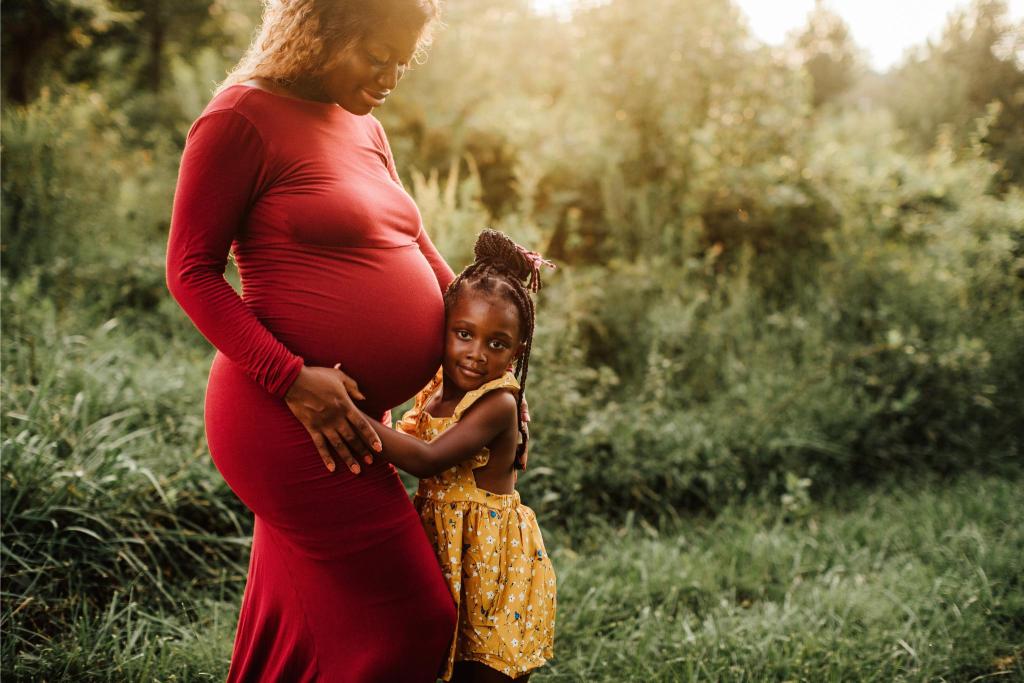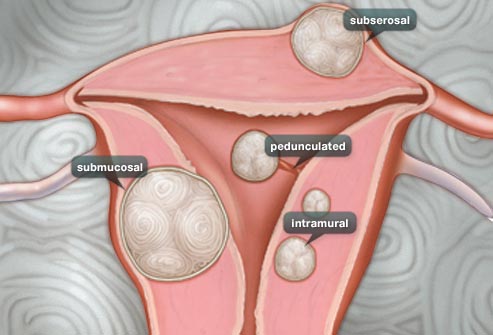
USA Fibroid Centers joins the Black Mamas Matter Alliance (BMMA) in support of Black Maternal Health Week, to address the need to improve access to quality reproductive care for women, especially Black women. Black Maternal Health Week is a strong call to improve healthcare equity providing comprehensive reproductive care, from preconception care and fibroid treatment to quality prenatal and postpartum services. Spearheaded by the Black Mamas Matter Alliance (BMMA), the week has become a significant platform for healthcare equity, earning a first-ever White House Proclamation.
The driving force behind Black Maternal Health Week #BMHW24 is the disparity in maternal mortality rates. Black women are three times more likely to die from pregnancy-related complications than white women in the U.S.
Raising Awareness About Health Equity
To improve women’s rights to access quality information and treatment options for fibroids, USA Fibroid Centers launched a campaign, “I Have the Right” which feature Toya Johnson, Erica Taylor, Shay Johnson, and other well known women who shared their health journeys battling fibroids.
USA Fibroid Centers is committed to improving women’s healthcare by creating awareness about minimally invasive uterine fibroid embolization (UFE) which is a safe, effective alternative to surgery that allows women to preserve their uterus and provides relief from painful symptoms.
Fibroids are a significant health concern that impact black women who are more than twice as likely to have a diagnosis of uterine fibroids, are more likely to have complications, longer hospitalizations, and have more than three times the in-hospital mortality rate. (1 )
Uterine fibroids, noncancerous tumors that grow in the uterus, are also diagnosed at nearly three times the rate in Black women and often present with more severe symptoms.
Fibroid symptoms, include prolonged, heavy periods, pelvic pain, and difficulty getting pregnant, and can significantly impact a woman’s well-being.
Why Fibroid Awareness Matters During Black Maternal Health Week
Fibroids can significantly impact a woman’s reproductive health. They often cause heavy and prolonged menstrual bleeding, leading to anemia and bloating or an enlarged uterus. The presence of fibroids in the uterus can also lead to infertility and complications during pregnancy.

Black women facing fertility challenges due to fibroids may experience emotional stress, further highlighting the need for a sensitive and empathetic approach to their healthcare.
Here’s why raising awareness about fibroids is crucial for black maternal health:
- Earlier Diagnosis, Better Outcomes: Many Black women experience a lack of awareness about fibroids and may not recognize the symptoms. Early diagnosis allows for timely treatment, potentially reducing complications during pregnancy and childbirth.
- Informed Decision-Making: Understanding fibroids empowers women to advocate for themselves. Knowing treatment options allows for informed decisions alongside their healthcare providers.
- Combating Disparities: Black women are more likely to experience aggressive fibroids and have higher complication rates from treatment. Highlighting these disparities can lead to improved access to appropriate care for Black women.
Fibroid Symptoms and Treatment Options
Fibroids can cause a variety of symptoms, including:
- Heavy or prolonged menstrual bleeding
- Pelvic pain or pressure
- Frequent urination
- Pain during intercourse
- Bloating or enlarged uterus
- Difficulty getting pregnant

Fibroid treatment options depend on the severity of symptoms and a woman’s individual needs. They can range from medication and minimally invasive procedures to surgery.
CONCERNED ABOUT FIBROIDS? USE OUR FREE SYMPTOM CHECKER
Black Maternal Health Week is a time to amplify the voices of Black women and advocate for equitable healthcare access. Here’s what you can do:
- Educate Yourself: Learn about fibroids, their symptoms, and treatment options.
- Talk to a Fibroid Specialist: Don’t hesitate to discuss any concerns you have about fibroids.
- Advocate for Change: Support organizations working to improve Black maternal health outcomes.
One of the significant barriers to addressing the impact of fibroids on black women is the silence surrounding the issue. Fibroids are still considered a taboo topic in many communities, and open discussions about reproductive health are often discouraged or considered inappropriate.
Minimally Invasive UFE Treatment
Uterine Fibroid Embolization (UFE) offers a minimally invasive option for women seeking relief from fibroids, non-cancerous growths in the uterus. This procedure cuts off blood flow to the fibroids, causing them to shrink and alleviate symptoms like heavy bleeding, pelvic pain, and pressure. By opting for UFE, women can take an active role in managing their reproductive health. It offers a potentially quicker recovery time compared to surgery and preserves the uterus, which may be important for future pregnancy desires.
Concerned about fibroids? Learn about UFE, a minimally invasive treatment option. Schedule a consultation to talk through your concerns with an experience fibroid specialist.
SEE IF UFE IS RIGHT FOR YOU



